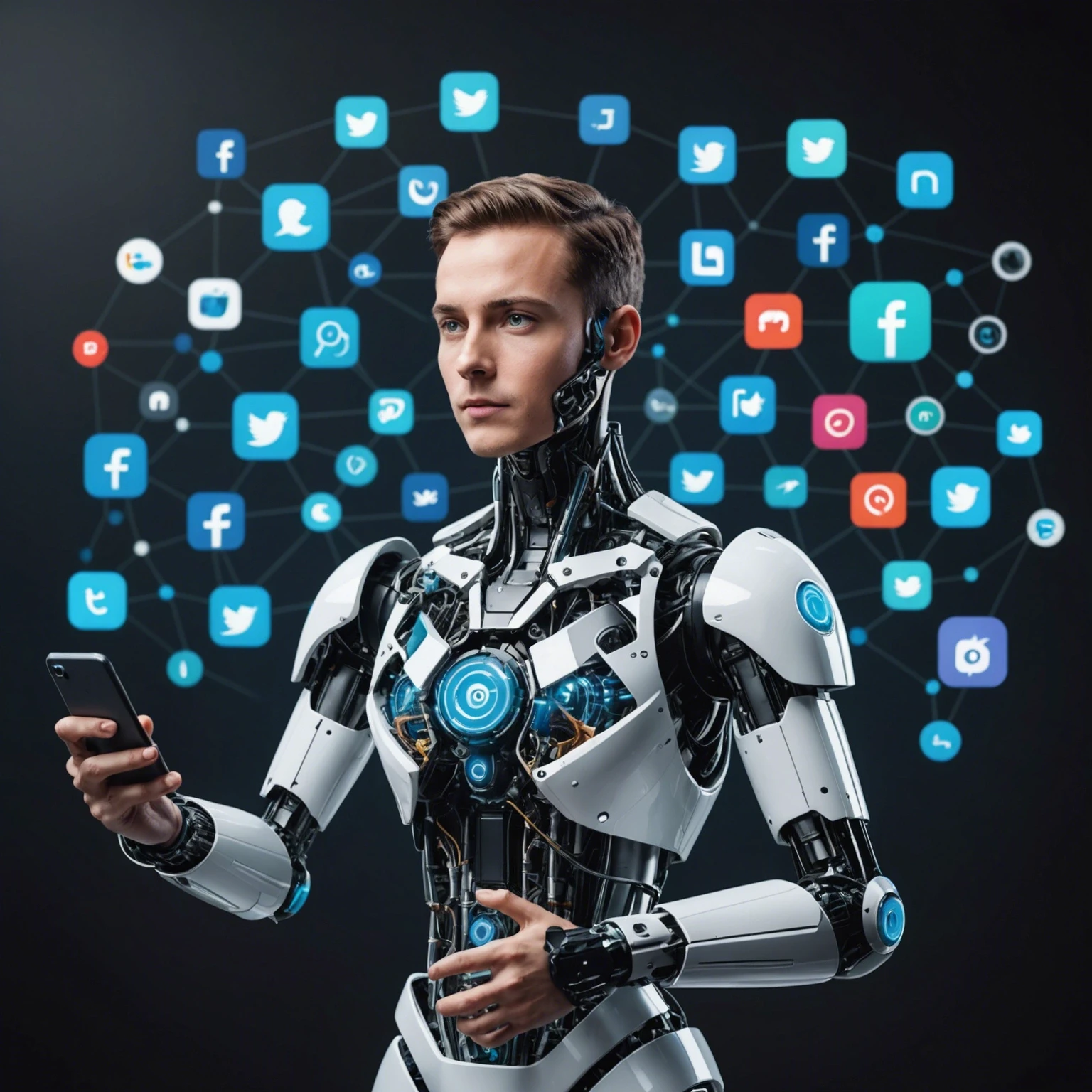Harnessing AI's Power in Social Media Marketing with NGMA
Mar 3, 2024

In today's rapidly advancing technological landscape, the topic of artificial intelligence (AI) has become a hotly debated issue. While some view AI as a threat to human jobs and society as a whole, others see it as an opportunity to improve efficiency and innovation. However, amidst these debates, one aspect that often gets overlooked is the potential for collaboration between humans and machines. Virtuous AI's campaign success highlights the beauty of this collaboration and its potential to create positive change.
But why is this topic important? As AI continues to permeate various industries and aspects of our daily lives, it is crucial to understand how human-machine collaboration can lead to better outcomes. It is not just about efficiency and productivity, but also about creating a more ethical and responsible approach to AI development and implementation.
The key issues and debates surrounding the topic of human-machine collaboration revolve around the fear of job displacement and the ethical implications of AI. Many people worry that the increasing use of AI will lead to widespread unemployment, as machines are able to perform tasks faster and more accurately than humans. However, research has shown that AI is more likely to augment rather than replace human jobs, allowing humans to focus on more creative and complex tasks. The key is to understand and harness the unique strengths of both humans and machines.
Ethical concerns around AI primarily revolve around the potential for bias and discrimination. As AI algorithms are developed and trained by humans, they can inherit the biases and prejudices of their creators. This can lead to discriminatory outcomes, especially in areas such as hiring, lending, and criminal justice. However, by actively involving humans in the development and decision-making processes, AI can be designed to mitigate these biases and provide more fair and equitable solutions.
Virtuous AI's campaign success is a prime example of how human-machine collaboration can lead to positive outcomes. The campaign, launched by the Partnership on AI, aims to promote the development and use of AI for the common good. By bringing together diverse stakeholders, including AI researchers, industry leaders, and civil society organizations, the campaign has created a platform for open dialogue and collaboration. This has resulted in the development of best practices and guidelines for the responsible use of AI, as well as initiatives to address issues such as bias and transparency.
So, what are the practical implications and recommendations for readers? Firstly, it is important to recognize that human-machine collaboration is not about humans versus machines, but rather a partnership that leverages the strengths of both. This requires a shift in mindset and a willingness to embrace change. Secondly, involving diverse stakeholders in the development and use of AI is crucial to ensure ethical and responsible outcomes. This includes not only AI experts but also those who will be impacted by AI, such as end-users and marginalized communities. Lastly, ongoing dialogue and collaboration are essential for the continuous improvement and evolution of AI.
In conclusion, the beauty of human-machine collaboration lies in its potential to create positive change and address the key issues and debates surrounding AI. Virtuous AI's campaign success serves as a shining example of how collaboration can lead to ethical and responsible development and use of AI. As AI continues to evolve and impact our lives, it is crucial to recognize the importance of human-machine collaboration and actively work towards harnessing its potential. Further research and discussion in this area are necessary to continue exploring the possibilities and implications of this partnership.